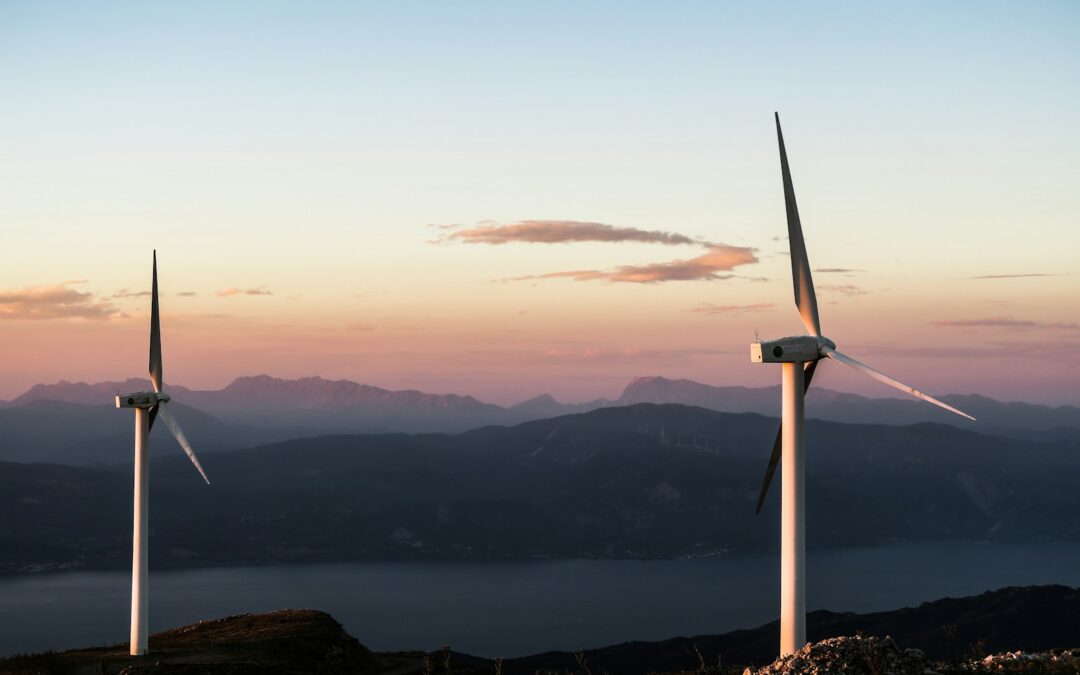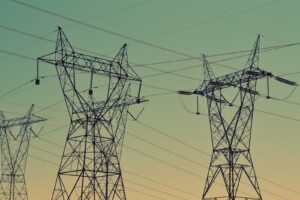The Netherlands’ Approach to Renewable Energy and Smart Grid Technologies
The successful integration of renewable energy and smart grid technologies in the Netherlands serves as an exemplary model for creating a sustainable and resilient energy system. The country’s strategic initiatives and investments in these areas highlight the importance of innovation and collaboration in achieving energy sustainability.
The Netherlands has long been recognized for its proactive stance on environmental issues. Its commitment to renewable energy sources such as wind, solar, and biomass has significantly contributed to reducing carbon emissions and reliance on fossil fuels. The government’s ambitious targets and supportive policies have encouraged both public and private sectors to invest in renewable energy infrastructure, ensuring a steady transition towards a greener future.
One of the key components of the Netherlands’ strategy is the development of smart grid technologies. Smart grids enhance the efficiency and reliability of the electricity supply by utilizing advanced communication and control systems. These grids can intelligently manage the distribution of electricity from renewable sources, ensuring that energy demand is met without compromising stability. The integration of smart grids with renewable energy sources not only improves energy efficiency but also enhances the resilience of the energy system against disruptions.
Innovative Policies and Collaborative Efforts
The Netherlands’ success in renewable energy and smart grid technologies can be attributed to innovative policies and collaborative efforts among various stakeholders. The Dutch government has implemented several policies that incentivize the adoption of renewable energy and smart grid technologies. These include subsidies, tax benefits, and grants for research and development projects aimed at enhancing energy sustainability.
Collaboration between the public and private sectors has also played a crucial role in advancing the Netherlands’ energy strategy. Partnerships with technology companies, research institutions, and energy providers have facilitated the development and deployment of cutting-edge technologies. This collaborative approach ensures that innovations are effectively integrated into the energy system, maximizing their impact on sustainability and resilience.
Moreover, the Netherlands has actively participated in international initiatives and knowledge-sharing platforms. By engaging with global partners and learning from best practices worldwide, the country has been able to refine its strategies and stay at the forefront of renewable energy and smart grid technologies. This global outlook has not only benefited the Netherlands but also contributed to the broader goal of global energy sustainability.
Implementing Smart Grids for Enhanced Resilience
Smart grid technologies are essential for managing the complexities associated with renewable energy integration. These technologies enable real-time monitoring and control of the energy supply, allowing for more efficient energy distribution and consumption. In the Netherlands, the implementation of smart grids has been pivotal in enhancing the resilience of the energy system.
One of the primary advantages of smart grids is their ability to balance energy supply and demand dynamically. By utilizing advanced sensors and communication systems, smart grids can detect fluctuations in energy production and consumption, adjusting the distribution accordingly. This capability is particularly important for renewable energy sources, which can be intermittent and variable. Smart grids ensure that energy from renewable sources is efficiently utilized, minimizing wastage and maximizing sustainability.
Additionally, smart grids enhance the reliability of the energy system by enabling rapid response to disruptions. In the event of power outages or other issues, smart grids can quickly identify the problem and reroute the energy supply to maintain stability. This resilience is crucial for ensuring a continuous energy supply, particularly in regions prone to extreme weather conditions or other disruptions.
Lessons for Saudi Arabia and the UAE
The Netherlands’ experience with renewable energy and smart grid technologies offers valuable lessons for countries like Saudi Arabia and the UAE, which are actively pursuing sustainable energy strategies. By adopting similar approaches, these countries can enhance their energy sustainability and resilience, contributing to their long-term economic and environmental goals.
Saudi Arabia and the UAE have already demonstrated strong commitments to renewable energy. Initiatives such as Saudi Arabia’s Vision 2030 and the UAE’s Energy Strategy 2050 emphasize the importance of reducing reliance on fossil fuels and increasing the share of renewable energy in their energy mix. By leveraging smart grid technologies, these countries can optimize the integration of renewable energy sources, ensuring a reliable and efficient energy supply.
One of the key lessons from the Netherlands is the importance of supportive policies and incentives. Saudi Arabia and the UAE can benefit from implementing policies that encourage investment in renewable energy and smart grid technologies. This includes providing subsidies, tax benefits, and grants for research and development. Additionally, fostering collaboration between public and private sectors can accelerate the adoption of innovative technologies and enhance their impact.
Embracing Innovation and Collaboration
To successfully integrate renewable energy and smart grid technologies, Saudi Arabia and the UAE must embrace innovation and collaboration. Investing in research and development is crucial for advancing these technologies and ensuring their effective implementation. By partnering with leading technology companies and research institutions, these countries can stay at the forefront of energy innovation and drive sustainable progress.
Collaboration with international partners is also essential. Engaging in global initiatives and knowledge-sharing platforms can provide valuable insights and best practices, helping Saudi Arabia and the UAE refine their energy strategies. By learning from the experiences of countries like the Netherlands, they can avoid potential pitfalls and accelerate their transition to sustainable energy systems.
Moreover, public awareness and education play a significant role in promoting the adoption of renewable energy and smart grid technologies. By raising awareness about the benefits of these technologies and encouraging their use, Saudi Arabia and the UAE can foster a culture of sustainability and environmental responsibility. This cultural shift is essential for achieving long-term energy sustainability and resilience.
Conclusion: Paving the Way for a Sustainable Future
In conclusion, the Netherlands’ success in leveraging renewable energy and smart grid technologies offers valuable insights for countries like Saudi Arabia and the UAE. By adopting innovative policies, fostering collaboration, and embracing advanced technologies, these countries can enhance their energy sustainability and resilience. The integration of renewable energy and smart grid technologies is not only crucial for reducing carbon emissions and environmental impact but also for ensuring a reliable and efficient energy supply. Through strategic initiatives and global collaboration, Saudi Arabia and the UAE can lead the way in creating a sustainable and resilient energy future.
—
#RenewableEnergy #SmartGridTechnologies #SustainableEnergy #ResilientEnergySystems #NetherlandsEnergyStrategy #SaudiArabia #UAE #Riyadh #Dubai #ArtificialIntelligence #Blockchain #Metaverse #ExecutiveCoaching #ModernTechnology #LeadershipSkills #ProjectManagement #BusinessSuccess













